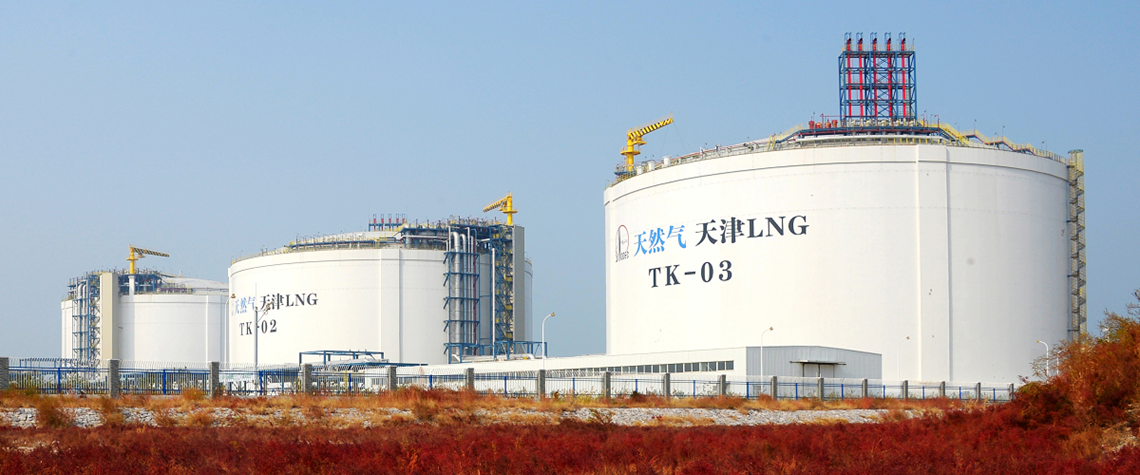Energy transition fears drive short-term focus
The world will still need oil and gas for the foreseeable future. But concerns over how much and for how long are stifling investment
Peak oil used to be a term relevant to the supply side. That it is now applicable on the demand side instead is testament to two of the energy industry's biggest game-changers of the past decade—the US shale oil boom and the emergence of renewables as an affordable, scalable future source. The pace of the so-called energy transition to a low or zero carbon emissions future is highly uncertain. At Petroleum Economist's GCC Strategy Forum in February, Andy Brogan, global oil and gas transaction advisory services leader at consultancy EY, illustrated six different forecasts for oil demand out to 2040, from ExxonMobil, Opec and two each from BP and the International Energy Agency (IEA). The 2040

Also in this section
3 May 2024
Upcoming elections are likely to deliver a win for the party of president Andres Lopez Obrador, but analysts differ over to what degree his successor will stick to his energy policies
2 May 2024
Faster-than-expected economic growth fails to mask macro imbalances and shifting structural oil product trends
1 May 2024
Energean CEO Mathios Rigas looks to results of critical Anchois appraisal well
30 April 2024
While its regional neighbours reap the rewards of oil and gas success, Iraq’s hydrocarbons sector is lagging behind







